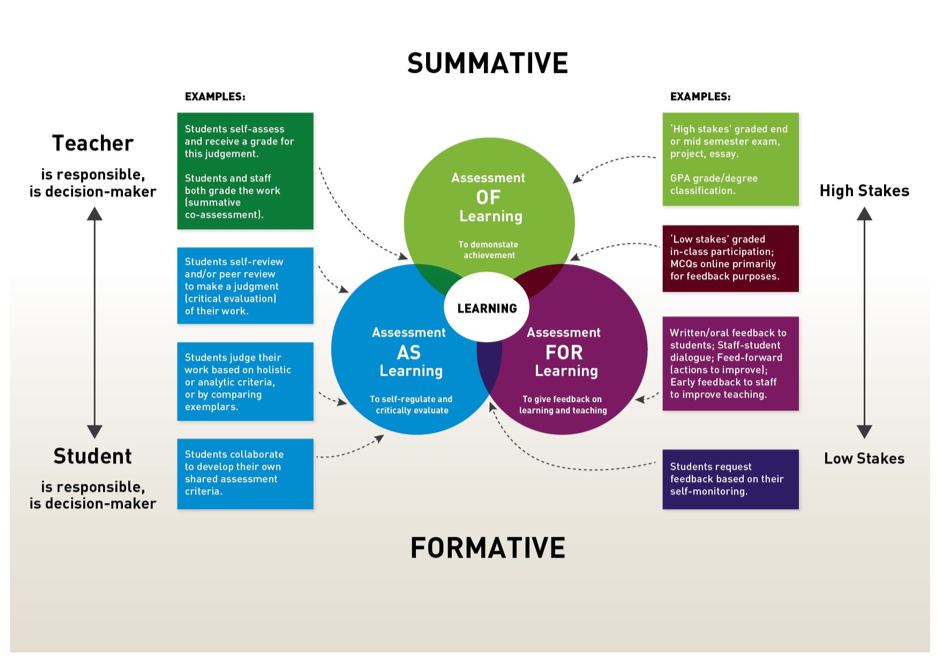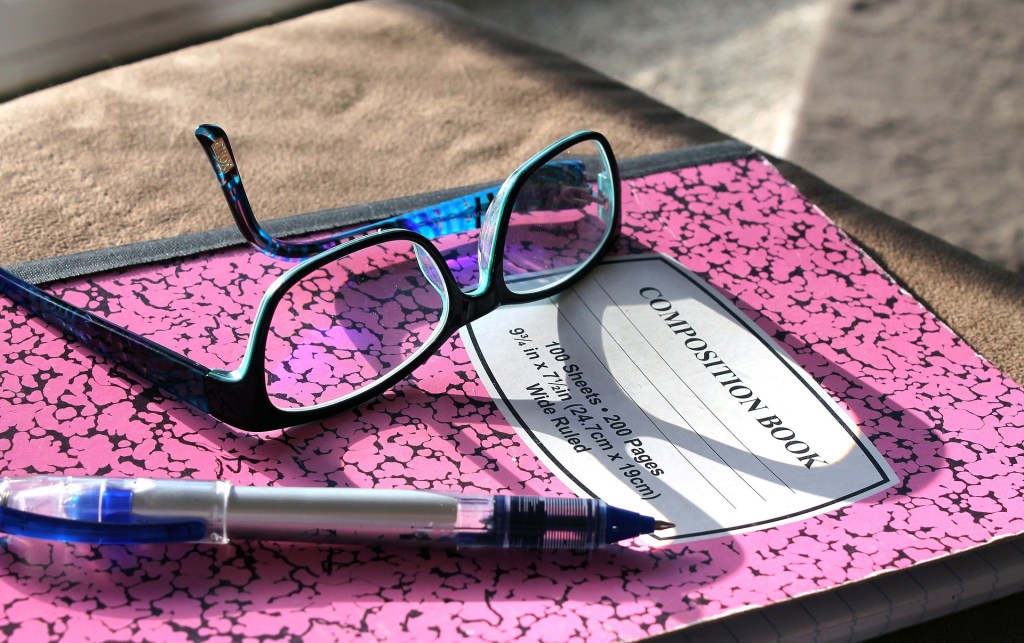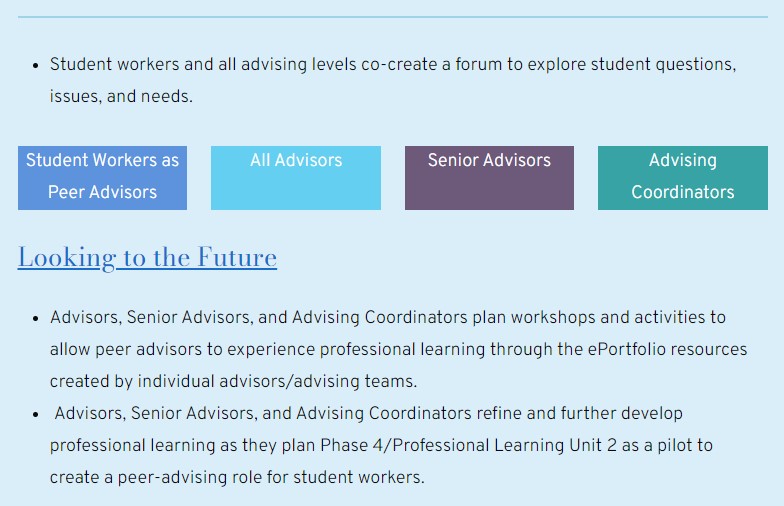Capstone Course
- Fall 2023
- Course Number: EDLD 5320
- Course Title: Synthesis Digital Learn/Lead
Contributions to Learning and my Learning Community

Crediting Core Group Members: Kelly Skillingberg, Shannon Bowles, and Rachel Hull.
I am giving myself a score of 99 out of 100
Wow, what a transformation from the first course in the program.
please reconsider and evaluate your work and grade with the same fairness as another student.”
March 11, 2022 paraphrased email from EDLD 5305 instructor
Here I am, emboldenly claiming 99 out of 100 for my contributions to my learning and the learning of my learning community. Who is this person I have become?
I know now what I didn’t know then. I know that my “assessment of/for/as learning” is mine to claim ownership over, too (Harapnuik, 2021). The ADL Program equipped me to take control of my learning journey, and I embraced it!
When I began the program, I didn’t understand how having a group would help me. I had always been a little better off on my own or a type A person who would prefer to do all the work to know it got completed.
This independence was also true of my professional life, now that I think about it. While I enjoyed collaborating with others at work, I would typically take the lead to ensure that none of us “got in trouble” for failing to meet expectations.
However, this program and the soul-searching reflection done throughout leave me knowing that I have given 100 percent effort toward my entire learning experience. I also have given 100 percent effort toward connecting with my learning cohort. I am not giving myself a perfect score because there is always room for improvement and more to learn.
The fantastic people in my collaboration group have shown me how much better my ideas and our experience can be if we work together.
My learning communities overlap so many periods and classes that I cannot limit my experience to a single learning community (though this one was top-notch because we have all evolved so much in our learning journey that we now “get it”) but instead try to approach each semester as my opportunity to support and guide my fellow learners in the learning journey.
I love connecting with new people, and weekly meetings are my jam! But I had to learn that they are not that for everyone. I had to adapt and learn to meet others when and where they were available. We have had so many chats and a few synchronous meetings. Still, the asynchronous ability to connect has significantly impacted my future innovation ideas.
Adding peer support is a transformative component of innovation in advising. I never imagined how learners could support one another in co-navigating a new experience. However, thanks to my experience with choice, ownership, and voice in this authentically significant learning environment (COVA + CSLE), I know firsthand that peer support and a shared experience can revolutionize a learning experience.
Key Contributions
- My learning community’s core group members have all done a fantastic job staying in touch throughout the semester. One evening, we were the only members of the course who attended the class call. What worked this semester was our continued commitment to learning as much as possible, improving our innovation ideas as much as possible, and getting as much as possible out of this last course in the ADL program.
- Fortunately, Shannon, Kelly, and I have been in learning communities and have maintained ongoing chats over the last several semesters. Before this session began, we had an EDLD 5320 Capstone Community GroupMe started. We all did a great job sharing links to our works in progress for feedforward and periodically just checked in to see how we felt about our coursework and innovation ideas.
- I completed an overwhelming number of revisions on my ePortfolio as a whole. I continually revised current coursework and previous courses/projects coursework as a part of the entire program synthesis process. It was amazing to see how much we have learned and evolved in such a short time.
- I completed ALL of the course readings, videos, and supporting resources provided and actively sought additional resources to deepen my learning and improve my innovation.
- I met the various course activity deadlines indicated in the calendar.
Supporting Contributions
- While our group maintained a well-balanced interaction, I took a leadership role by requesting and creating recurring Zoom meetings to chat about projects and our reflections throughout the course. I contributed to my classmates in class calls and discussions by answering questions and pointing to resources when applicable.
- I contribute to my learning and the learning of my colleagues by participating in ALL activities.
- I actively contributed to discussion posts with engaging and well-thought-out reflections.
Reference
Harapnuik, D. (2021, August 16). Assessment OF/FOR/AS learning. It’s About Learning. https://www.harapnuik.org/?page_id=8900




